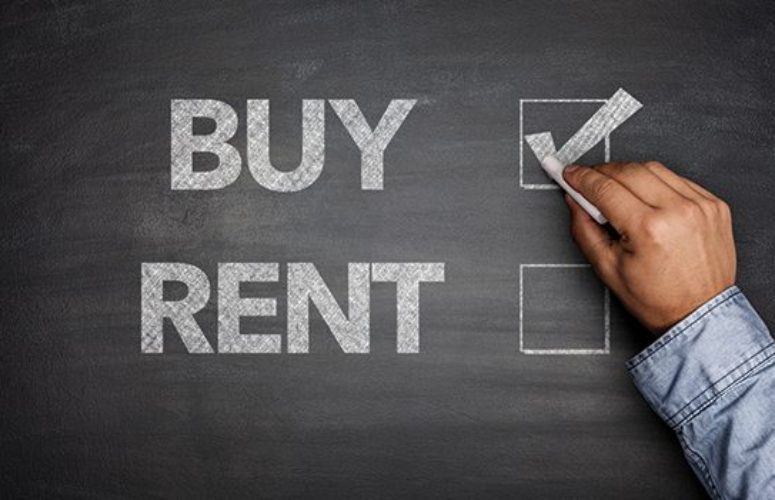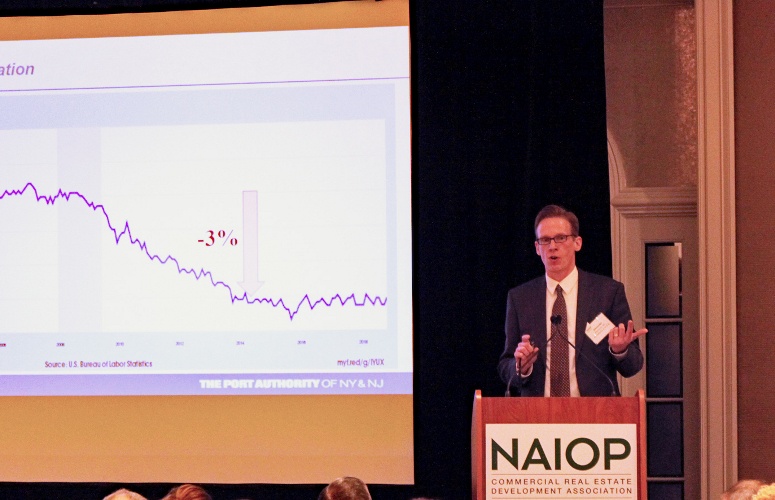
When to Rent, Buy or Sell Your Place of Business
Risks and rewards are associated with each scenario.
By Anthony Cassano, Vice President, NAI James E. Hanson On Mar 30, 2016Many small business owners struggle with the decision of whether to buy, sell or rent the property from which their business operates. What makes this decision harder is the realization that, even with professional help, there is no definitive right or wrong answer. Each option comes with its own set of risks.
Small business owners thinking of buying their properties should be thinking long-term. If they are in a position where they believe they might be retiring or selling their business, caution should be exercised. Usually, business owners will create a new LLC to purchase the property and their business will continue to pay rent, just to a company that the business owner also happens to own. This reduces the risk to both the business and the business owner.
It also means if the business is sold, they become the de facto landlords. If the business doesn’t survive, you are left with mortgage payments coming out of your own pocket. You are also on the hook for any major upgrades, susceptible to rising and falling leasing rates and the other unknown expenses of owning real estate.
If a business owner doesn’t have enough cash to put down a sizeable down-payment (20 percent or more) without putting their business or family at risk, they should seriously consider the risk associated with buying real estate. This is a situation when paying fair-market rent is advantageous. Consider it buying flexibility until the business is stronger or until a growth trajectory is established. Business owners who lease will not be burdened by unexpected costs and are much less susceptible to market changes.
Currently, the best assets to own are industrial near large populations, and well-located office space in urban centers. That also means these assets are the most competitive to purchase and the market for them is near-peak. If a business owner is planning an exit strategy and currently owns an industrial asset, or an older office building in an industrial zoned or urban area, it may be a good time to consider selling and leasing back the property.
Conversely, office space located in suburban settings is seeing extremely favorable prices, but there is little demand for it. If you are considering purchasing your suburban office space, you will find good value and still-low interest rates.
Well-located retail properties are also still rebounding and, while slightly more competitive than office, a thrifty buyer can find good value.
Every business has its own unique set of needs. Business owners should look for guidance on making the best real estate decision and investment for their company by speaking to a local broker who knows the marketplace and its current trends.
About the Author: Anthony Cassano is vice president of NAI James E. Hanson. His experience includes commercial real estate as well as residential leasing and sales.
Related Articles:






